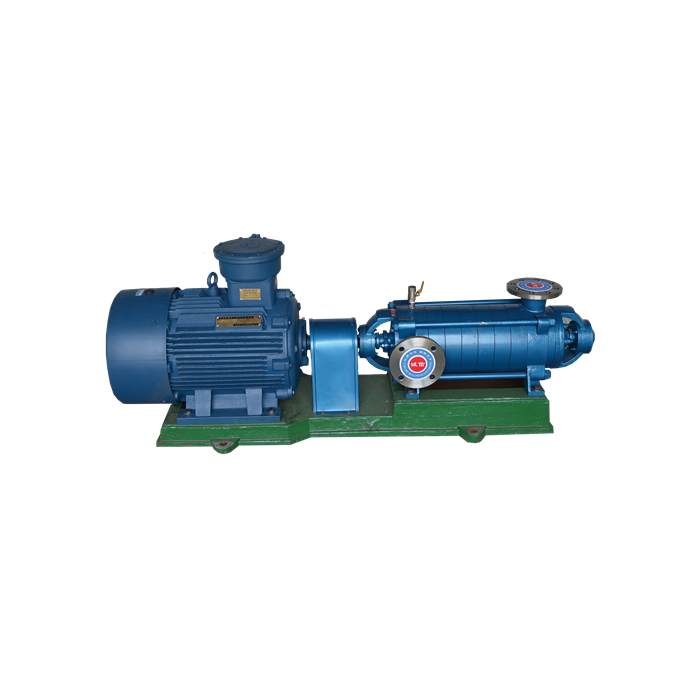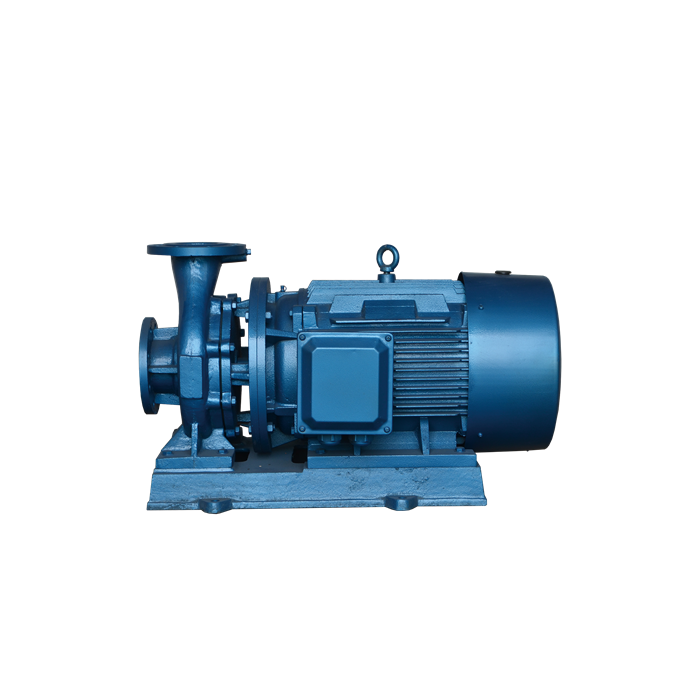By Jacqueline Medina | Updated Jan 26, 2023 5:00 PM
We may earn revenue from the products available on this page and participate in affiliate programs. Two Stage Centrifugal Pump

A: There can be many reasons for a hot water heater making noise, and not all of them are cause for immediate concern. Many involve minor repairs and aren’t a sign of needing a whole water heater replacement.
Homeowners need to be aware of how water moves and changes within a water heater and in different parts of a home that use running water to understand what causes a water heater making noise. Here are some typical water heater noises and what they mean.
A water heater popping sound could be a sign of sediment buildup. Sediment comes from minerals, and depending on the soil in an area, water is hard or soft. Mineral-rich hard water leaves behind more residue, and if a water heater isn’t flushed out regularly, residue builds into sediment at the bottom of the tank.
As sediment collects, it traps water. Because heat-conducting minerals surround this water, it overheats and builds up pressure, resulting in a popping sound as water forces its way through sediment. Long-term uneven heating and pressure can damage the tank’s lining.
Any time water vapor is exposed to cooler air, condensation (liquid water) will form. A hot water heater usually won’t create condensation if temperature conditions remain consistent. However, when the tank isn’t full, condensation can form.
For example, suppose a tank’s water supply is low because hot water has been used. In that case, cold water filling the tank lowers the tank’s temperature, cooling surrounding water vapor into droplets that can drip into different parts of the heater. Crackling sounds are a sign condensation droplets are vaporizing as they are being heated on the burner. If this noise only happens occasionally, it isn’t cause for alarm; a plumber should inspect persistent crackling noises.
Electric water heaters don’t have gas burners. Instead, they have at least one electrically powered heating element associated with a thermostat. If water falls below a set temperature, electricity heats the element, and water flowing around it heats up. Heated water circulates and warms the rest of the water.
When an electric water heater hums, this can mean the heating element is loose, either due to wear and tear or poor installation. The loose element acts almost like a tuning fork, vibrating from the push of water cycling around it—creating a hum. This water heater noise can be fixed by tightening the heating element.
A knocking noise known as “water hammering” occurs when pipes that aren’t securely anchored move and hit against each other or the interior of the wall. Any abrupt change in water flow can trigger the sound—because pipes move as water does. This can happen when a toilet is flushed, a dishwasher is run, or a pump without a holding tank is running.
Water hammering isn’t an immediate problem, but it can cause damage to pipes and their surroundings over time. Secure pipes with insulation or install a water hammer arrestor on valves to stop the knocking.
A screeching water heater noise is a sign that water flow is restricted, either at the valve letting water into the heater (the inlet control valve) or at a valve connected to water in the home. When a water valve isn’t open all the way, water moves through a narrow space at a higher pressure, creating a high-pitched sound.
The inlet control valve is often to blame, and the issue can be addressed by turning the valve to fully open it to lower the water pressure. If adjusting a valve doesn’t stop the noise, the valve may need to be replaced.
Many water heaters have heat traps or check valves in pipes at the top of the heater to reduce wasted heat. These special-shaped valves trap hot water and encourage only cool water to flow back into the heater. This helps with water heater efficiency and ensures that water flows in the right direction. But as water moves through the valves, changes in pressure from different water temperatures create ticking sounds.
These sounds are normal, but if tapping sounds from a valve are concerning, heat traps can be swapped for dielectric nipples, which are smaller fittings that perform the same function.
A leaking water heater needs immediate attention, and a homeowner can be clued into this issue when they observe sizzling sounds. This water heater noise comes from liquid water dripping out of one of the heater’s valves or another connection and vaporizing from contact with the hot exterior. As mentioned with crackling noises from a water heater burner, some condensation within and around a hot water heater is normal. However, larger amounts of water outside of the water heater need professional attention. A leaky water heater could require pipe changes, tank replacement, or the whole heater system replacement.
Even though some issues that make a water heater noisy don’t involve complex repairs, not every homeowner is comfortable working with a water heater. Some parts of hot water heaters are very hot to the touch and can burn skin. A professional can observe and handle different parts of the water heater carefully, with particular attention to the connections to plumbing, gas lines, and electricity.
Having an awareness of a water heater’s normal sounds is a start. If something changes and new conditions—like puddling water—develop, a professional can make the best call to address them safely.
Articles may contain affiliate links which enable us to share in the revenue of any purchases made.
Registration on or use of this site constitutes acceptance of our Terms of Service.

Instant Hot Water Recirculating Pump System © 2024 Recurrent. All rights reserved.